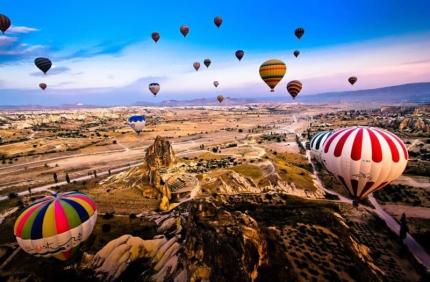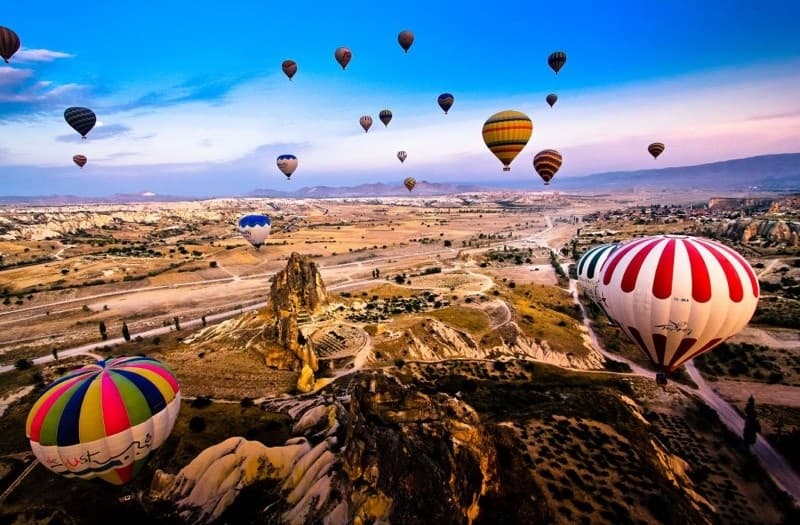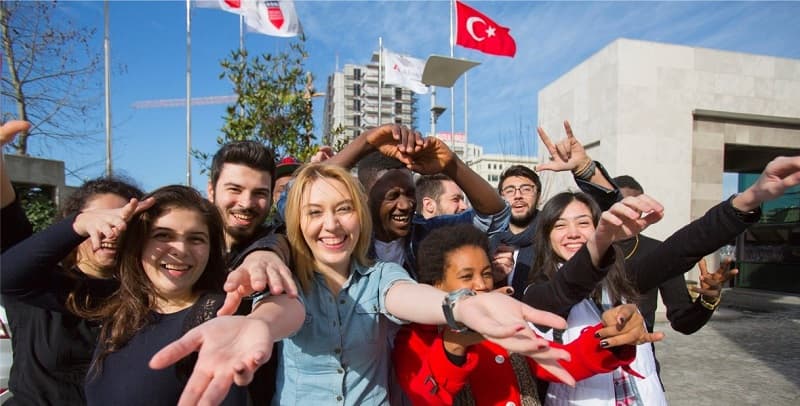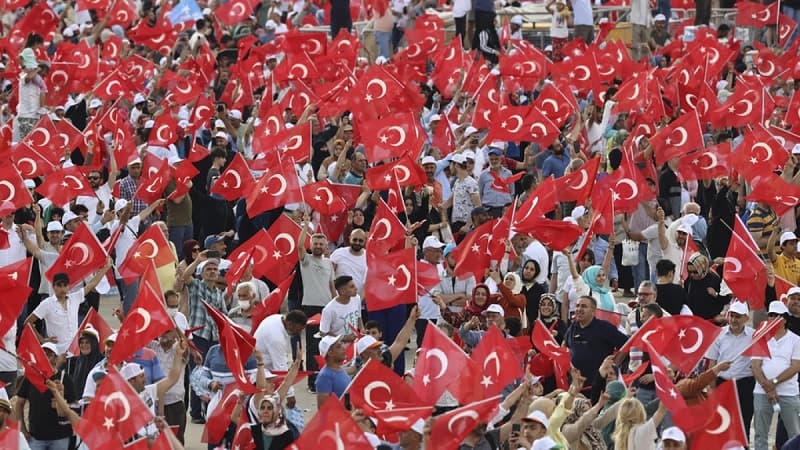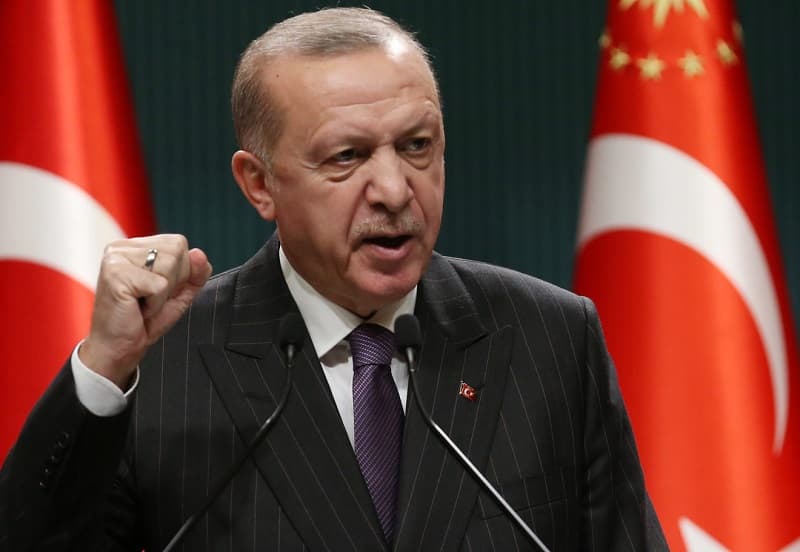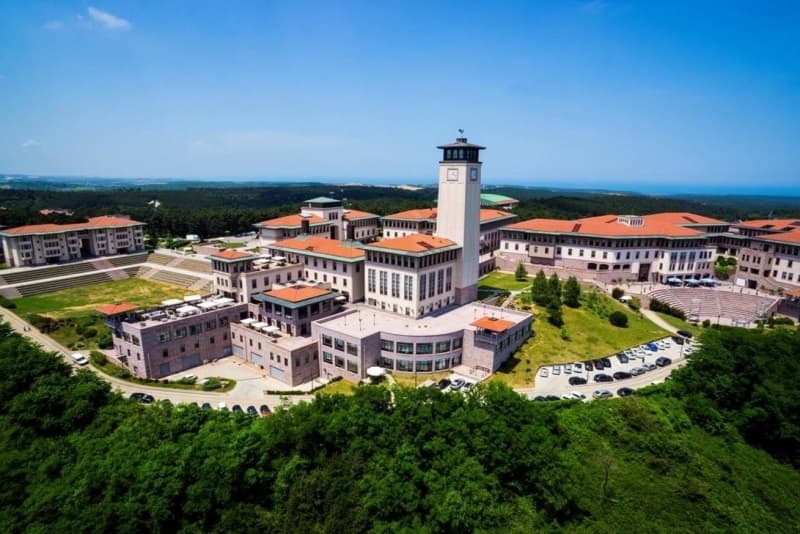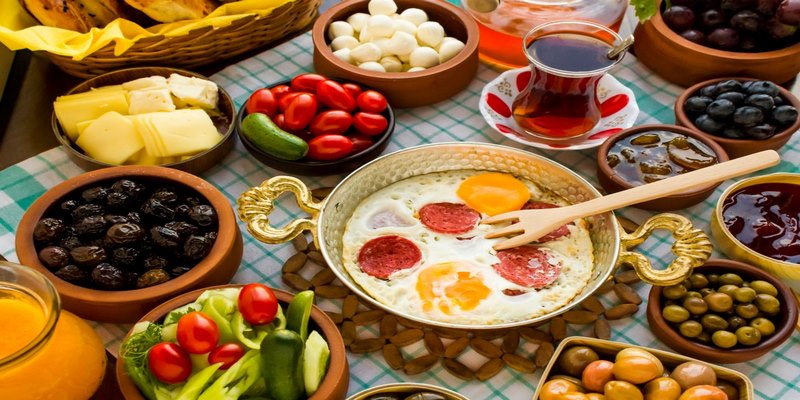Get free consultation
Fill out the form and we will contact you
Turkey is a country with a unique geographical area, stretching across both Asia and Europe. Although 97% of its area is in Asia, the capital of the country is in Europe. In this article, we will explore interesting information about the geography, people, lifestyle, and culture of this nation.
The country, also known internationally as Turkey, has a unique geographical position, situated between two major continents: Europe and Asia. Its location, nestled between three large seas, makes it a strategic bridge, playing an important role in trade, tourism, and goods exchange in the region.
Turkey has strong connections with Western Asia, Southern Europe, and Eastern Europe through the Mediterranean. Additionally, the country has the capability to directly connect with many countries in Africa.
Turkey's geographical position spans both Europe and Asia.
After answering which continent Turkey belongs to, let’s delve into the specific area and borders of the country. According to statistics, Turkey ranks 37th in the world with a total area of 783,562 km². Its borders range between 36 to 42 degrees north latitude and 26 to 45 degrees east longitude. Most of Turkey's area is in Southwest Asia, with a small part in Europe.
Turkey borders Bulgaria to the northwest, Greece to the west, Armenia and a part of Azerbaijan's Nakhichevan to the northeast, Iran to the east, and Syria and Iraq to the southeast.
Additionally, the country borders the Black Sea to the north, the Marmara Sea and the Aegean Sea to the west, and the Mediterranean Sea to the south. Turkey's total land border is 2,537 km, with an 8,333 km coastline including its islands.
Besides wondering where Turkey is located, many people also want to know what the main language spoken in Turkey is. Turkish is the main language used by the people of Turkey. Additionally, they also use English as a second language in communication. Therefore, foreign tourists visiting Turkey will not face difficulties in communication if they do not know Turkish.
The flag of Turkey is a bright red flag with a white star and crescent moon in the center. This symbolizes the country's independence, freedom, and desire for peace.
The people of Turkey use Turkish as their main language.
Turkey has a diverse climate due to differences in latitude and terrain. Specifically, in the Mediterranean and Aegean regions, winters have little rain, and the climate is mild, while in mountainous areas, there is snowfall. The average summer temperature in the country ranges from 23 to 28 degrees Celsius.
The Marmara Sea and Istanbul areas have a warm climate with light rain in summer and colder winters. In coastal areas, temperatures range from 20 to 24 degrees Celsius. Meanwhile, the Black Sea region has a stable climate year-round with warm summers, high humidity, and cool and pleasant winters. This weather diversity contributes to the richness of culture, landscapes, habits, lifestyles, and particularly the culinary scene in Turkey.
According to the latest statistics from the United Nations as of August 28, 2022, Turkey's population reached 85,625,177 people, accounting for 1.07% of the world's population. The country ranks 17th in the world in terms of population, with a density of about 110 people per km², ranking 110th.
99% of the country's population adheres to Islam, mainly Sunni Muslims, with 15-20% being Alevi Muslims. The remaining percentage includes Jews, Christians, Yezidis, and Baha'is. The Turkish constitution recognizes individual religious freedom, prohibits religious discrimination, and the state supervises all religious activities. Notably, religion does not interfere with political decisions.
Turkey's population ranks 17th in the world.
Ankara is the capital of Turkey and the second-largest city after Istanbul. Ankara serves as the administrative center, the residence of government officials, main politicians, and civil servants. Additionally, Turkey's military branches are based in Ankara.
As of 2014, Ankara's population reached 5,150,000, with most people speaking Turkish and following Sunni Islam. In recent years, the city has merged surrounding suburbs to address slum areas for thousands of migrants from less developed regions.
Turkey officially applied to join the European Union in 1987 and was recognized as a candidate for 12 consecutive years thereafter. Although membership negotiations started in 2005, the process has been extremely slow and was officially frozen in 2016. However, with current efforts, Turkey remains a strong candidate for EU membership in the coming years.
Politically, Turkey is considered stable, with a multi-party system based on the principle of a parliamentary republic. The Prime Minister leads the government, with executive powers vested in the government. The executive, legislative, and judicial branches of Turkey are completely independent of each other.
Turkey is currently a strong candidate for EU membership in the coming years.
Turkey has a rapidly growing private sector, but the state still plays an important role in the national economy, including transportation, telecommunications, industry, and agriculture. Despite its strong industrial and modern commercial growth, traditional agriculture still employs 30% of the workforce.
Since the 1980s, Turkey has implemented successful economic reforms, contributing to significant economic growth, transforming from a stagnant, isolated economy to a rapidly growing private economy. Currently, Turkey is considered one of the fastest-growing economies in Europe and the Middle East. In 2022, its GDP reached $905.53 billion, ranking 7th in Europe and 19th globally. The Turkish Lira (TRY) is the official currency, with an average exchange rate of 1 TRY approximately equal to 1,287.90 VND.
In Turkey, education is mandatory for 100% of children and free of tuition fees for public schooling from ages 7-15. There are over 800 higher education institutions in Turkey, including universities with a total of 1 million students. The government directly funds higher education institutions, overseen by the Higher Education Council.
There are over 80 universities, with 15 major universities in Ankara and Istanbul alone. The education system is divided into public and private schooling. Public universities have low tuition fees, while private institutions can be extremely expensive, with fees exceeding $15,000.
Turkey has over 80 formal universities.
Turkish cuisine is diverse, with Kebab being the most iconic dish. This street food, beloved by many, consists of thinly sliced grilled meat combined with lettuce, cucumber, onions, tomatoes, and special sauces in a sandwich. Other popular Turkish foods include Simit (bread rings), mussel kebabs, Turkish pizza, roasted chestnuts, tea, Saksuka, and Ezogelin corba.
The above are some interesting facts about Turkey and its people. If you want to learn more about Turkey's citizenship policies, please contact us at https://quoctichthuhai.com/. Our experienced experts will help investors collect relevant documents and files to meet the requirements for applying for Turkish citizenship through appropriate investment programs.
Fill out the form and we will contact you
